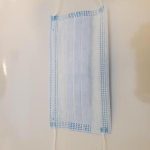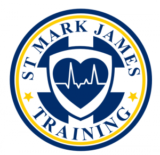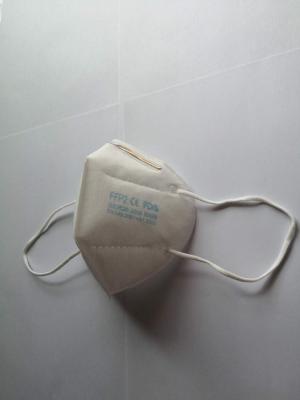As COVID-19 extends its reach around the globe at a quick pace, the only thing spreading faster is rumors and myths. The main concern for parents – what does this mean for my children?
According to the provincial health officer of B.C., young people can be asymptomatic. They can also be “efficient” transmitters without getting sick themselves, but that is with influenza. There remains a lot that is unknown but so far, that does not seem to be the case.
It does not appear to be that type of risk with this virus so far, but we are monitoring it carefully. There is a lot of really good work being done in schools around the province. This includes measures to improve hygiene and enhanced cleaning measures. Those over 80 years old are at high risk.
According to the World Health Organization, among children, the illness causes mild symptoms. Nevertheless, it does not mean it cannot become more serious, but generally speaking, it has not been.
Regardless of how severe the illness is, health officials state that it is necessary to stop the spread of the disease. Even with mild symptoms, it is important to be vigilant.

Students/children and adults in the childcare setting must clean their hands:
- Before leaving home and on arrival at school
- After using the toilet
- After breaks and sporting activities
- Before food preparation
- Before eating any food including snacks
- Before leaving school
The recommendations also include coughing or sneezing into a tissue that is discarded right away and then washing hands or coughing and sneezing into an elbow and washing hands.
For more information about this story, click here.
LEARN MORE
Learn how to stay safe by enrolling in a mask fitting test which is a requirement for many workplaces and school admissions or check the available masks for sale by visiting our face mask sale page.
https://www.healthline.com/health-news/face-masks-importance-battle-with-covid19
https://www.bbc.com/future/article/20200504-coronavirus-what-is-the-best-kind-of-face-mask
https://www.medicalnewstoday.com/articles/types-of-face-mask

